February 5, 2025 | 13:55 GMT +7
February 5, 2025 | 13:55 GMT +7
Hotline: 0913.378.918
February 5, 2025 | 13:55 GMT +7
Hotline: 0913.378.918
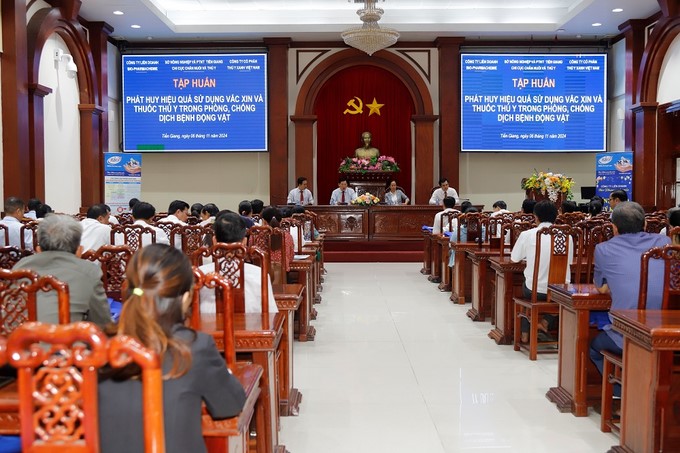
The conference had the participation of more than 150 delegates who are livestock farmers, agricultural cooperatives, Agricultural Extension Centers, the Department of Agriculture, etc. in the province. Photo: Minh Dam.
At the Conference Center of Tien Giang Province, the Tien Giang Sub-Department of Animal Husbandry and Veterinary Medicine, Greenvet JSC, and Bio-Pharmacheme Joint Venture Company have just organized a training conference on "Promoting effective use of vaccines and veterinary medicine in animal disease prevention and control."
At the conference, delegates listened to scientists, researchers, and experts providing information on farming solutions to ensure animal disease safety and food safety and comply with the provisions of the Law on Environmental Protection in the context of the livestock industry being greatly impacted by diseases and climate change.
According to experts, the vaccine and environmental protection strategy is the "golden key" to maintaining the livestock industry. In particular, it is necessary to have a new look at the environment and use supplementary preparations to replace antibiotics to create safe livestock products for public health.
According to Dr. Nguyen Kien Cuong, lecturer at Nong Lam University – Ho Chi Minh City and technical consultant at Bio-Pharmacheme Joint Venture Company, due to major dangers to public health, many countries have or are gradually banning the use of antibiotics in animal feed for disease prevention and growth promotion. To gradually replace antibiotics, many different types of preparations, such as probiotics, prebiotics, organic acids, and products extracted from plants, essential oils, additives, and herbs, are developed and commercialized.
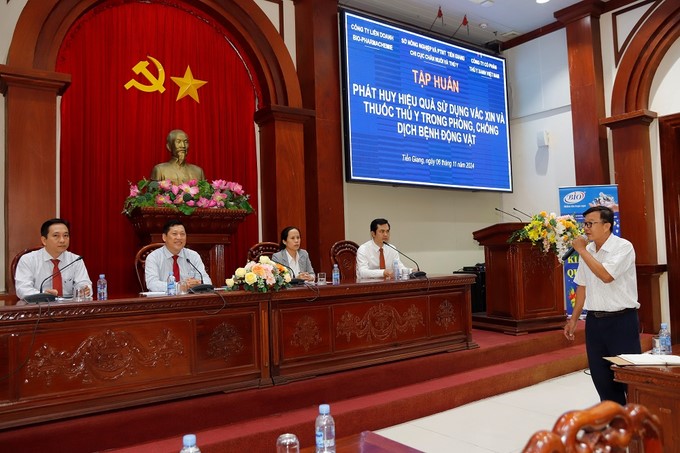
Question and Answer at the training session. Photo: Minh Dam.
Food safety is one of the leading factors determining the reputation and sustainable development of the livestock industry. Experts recommended that to ensure food safety, it is essential to follow biosafety production processes and minimize the use of antibiotics and unsafe growth stimulants.
At the same time, use vaccines and veterinary medicine properly. Only use veterinary medicine when absolutely necessary; comply with regulations on dosage and discontinuation time before selling to ensure safe meat quality. Control food quality to ensure that it is not contaminated with toxic chemicals, helping to limit gastrointestinal diseases for livestock.
According to research by Dr. Dao Doan Trang, technical expert of Greenvet Joint Stock Company, undigested food will be a source of nutrition for pathogens. On the contrary, well-digested food will limit diseases and waste into the environment. Therefore, using the right food and antibiotics will protect the integrity of the animal's intestinal tract, limit the loss of intestinal villi, and help increase animal productivity.
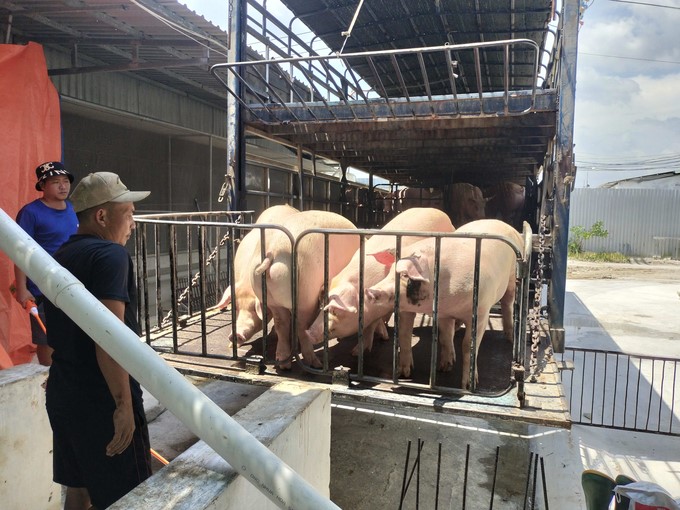
Livestock are safe from dangerous infectious diseases thanks to biosafety farming. Photo: Minh Dam.
Dr. Nguyen Trong Ngu, Vice Rector of the College of Agriculture (Can Tho University), said that to ensure biosafety farming, it is necessary to comply with the regulations of the Law on Environmental Protection to minimize negative impacts on public health and the ecosystem.
Therefore, for livestock waste management, it is necessary to use biogas tanks, compost organic fertilizer, or apply wastewater treatment technology to minimize air, soil, and water pollution. Build a barn system according to standards with scientific, airy, and hygienic design to limit the generation of toxic gases such as ammonia. To minimize greenhouse gas emissions, using combined farming solutions and optimizing production processes are needed.
According to Dr. Thai Quoc Hieu, Deputy Director of the Tien Giang Sub-Department of Animal Husbandry and Veterinary Medicine, to effectively control diseases, the management of livestock herds needs to take prevention as the main. Of which, the focus is on using vaccines and veterinary medicine promptly, at the right dosage, and of the right type. Veterinary medicine types need to be used properly, only when absolutely necessary, and must follow reasonable usage procedures to avoid drug resistance and protect long-term animal health.
Besides, attention should be paid to synchronous measures in disease prevention, monitoring, and treatment that need to be implemented from the stages of breeding and food to the farming process. Vaccinate on schedule, strictly control livestock origin, monitor, and handle diseases promptly.
Tien Giang's livestock and veterinary sector has recommended suitable vaccines for use on indigenous livestock. Avian influenza vaccines are Navet-Fluvac 2, Re-5, Re-6, H5 inactivated strains D7 and rD8, K-New H5, and H5 inactivated Medivac AI. Vaccines against foot-and-mouth disease are Avac, Aftopor, Aftovax, and Aftogen. Vaccines against lumpy skin disease are Lumpyvac (Türkiye), Mevac (Egypt), and AVAC LSD LIVE (Vietnam).
In Tien Giang, since the beginning of 2024, infectious diseases in livestock still occur but are scattered, and the outbreak scale is small, not spreading widely. When diseases occurred, the Sub-Department of Animal Husbandry and Veterinary Medicine coordinated with district-level specialized agencies and Commune People's Committees to effectively deploy measures to prevent and control terrestrial animal diseases according to regulations, instructions, and directions of the Prime Minister, Ministry of Agriculture and Rural Development, Provincial People's Committee, and Department of Agriculture and Rural Development.
In particular, the sector focuses on five main activities: promoting dissemination work, strengthening disease surveillance, organizing cleaning and disinfection, vaccinating, and thoroughly handling emerging outbreaks. To continue to promote the effectiveness of disease prevention and control in the coming time and improve productivity and quality of livestock products according to the orientation of biosafety production, disease safety, food safety, and friendliness to the environment.
Aiming at sustainable livestock farming, breeders in Tien Giang need to ensure biosafety for livestock. This is a prerequisite for disease prevention and control, contributing to producing clean products and reducing environmental pollution and risks of negative effects on human health.
Along with the advantages, livestock farmers in Tien Giang are still having to overcome some difficulties. Therefore, it is necessary for the drastic participation of relevant agencies in protecting and guiding livestock farming to contribute to promoting sustainable livestock development and bringing high economic efficiency.
Translated by Thu Huyen

(VAN) For World Bamboo Ambassador and architect Nguyen Manh Tuan, bamboo is a timeless material, seamlessly blending with nature and woven into every moment of life. Vietnam Agriculture Newspaper is pleased to introduce his article.
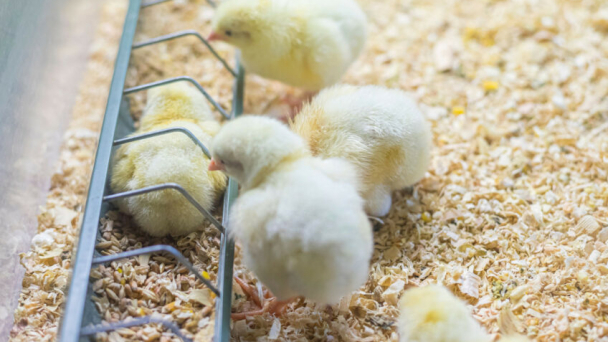
(VAN) Smart farming, including applications of artificial intelligence (AI), has the potential to improve farm animal welfare in many ways, but practically achieving this depends on a number of external factors.
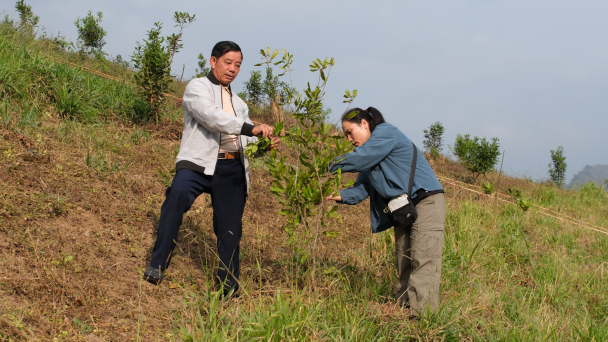
(VAN) With 75% of its cultivated land on steep terrain, macadamia farming in Tuan Giao district faces significant risks of soil erosion, underscoring the need for sustainable agricultural solutions.

(VAN) Bac Kan province is set to mobilize over 1 trillion VND to implement the Ba Be National Park Eco-Tourism, Resort, and Entertainment Development Scheme.
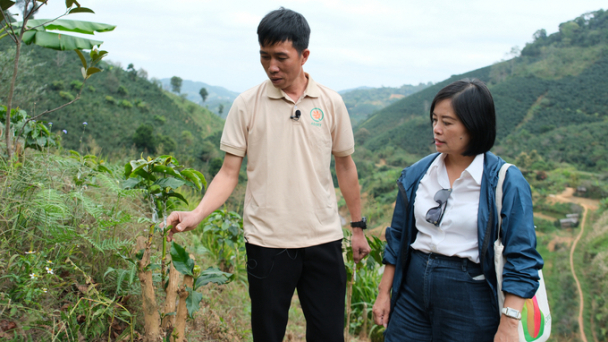
(VAN) Agroforestry models and grafting techniques are breathing new life into the Arabica coffee gardens of the Thai ethnic community in Mai Son district, Son La province.
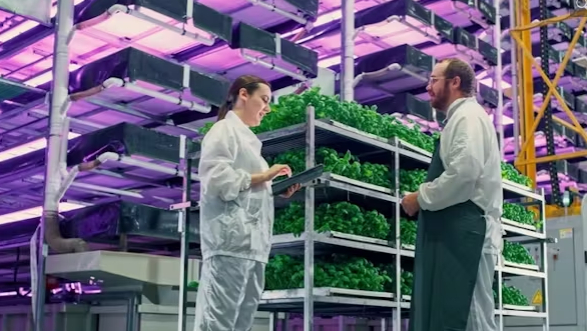
(VAN) Plant factories are failing, with multiple companies closing or going bankrupt in recent months. This includes the largest vertical farm on the planet, in Compton, Los Angeles.
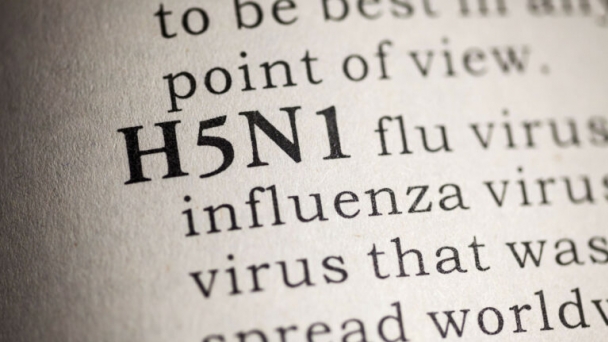
(VAN) The announcement comes as a protection zone was set up following an outbreak of highly pathogenic avian influenza (H5N1) in the Kirriemuir area of Angus, Scotland.